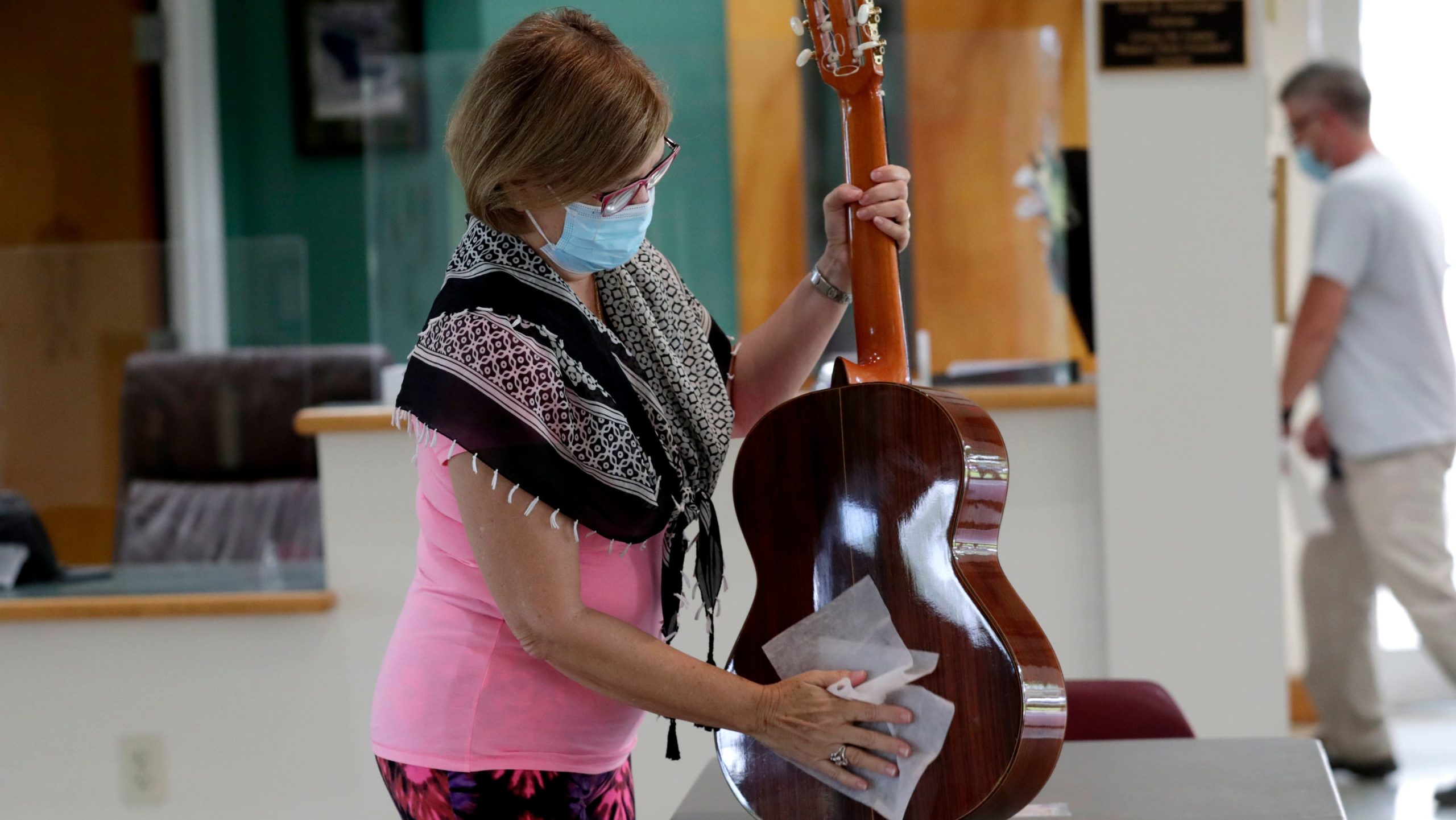CLOSE![]()
Pressure to create a coronavirus vaccine is increasing by the day, but for a safe vaccine to enter the market, it takes time.
USA TODAY
Hopes are dimming that “herd immunity” can help stamp out the tenacious global pandemic amid growing concerns that people can be reinfected with COVID-19.
Experts agree that claims of recurring infections require more study since we are only months into the health crisis and evidence has been anecdotal. But if it’s proven that recovered patients can “catch” the virus a second time, it would affect their own immunity while also complicating efforts to obtain the Holy Grail of current medical research: effective vaccines.
Recovery from the disease provides antibodies to fight off the infection. The shelf life of those antibodies, however, may be insufficient to protect a patient for very long or promote long-term immunity across populations.
“The possibility of reinfection is certainly real,” Dr. Robert Glatter, an emergency physician at Lenox Hill Hospital in New York City, told USA TODAY. “And one that I am seeing repeatedly on the front lines.”
Glatter says he has cared for a “number of patients” who suffer only mild initial infections, get better and actually test negative for the virus before experiencing a recurrence of symptoms. The intensity can be worse the second time, he says.
“These patients develop difficulty breathing, leading to hypoxia, aches, chest pain, with recurrent and unrelenting fevers and chills,” he said, adding that they then test positive again.
Experts caution that it’s been only a few months since the first surge of cases in China and around the world. The frequency and severity of reinfections won’t be known until cases rise in the areas where there were a significant number of infections last winter, said Dr. Daniel Griffin, chief of infectious diseases at ProHEALTH Care in New York.
“We are months away from knowing for certain if reinfections are possible or a significant issue,” Griffin told USA TODAY.
Oklahoma Gov. Kevin Stitt: Governor tests positive for coronavirus
Attacks on Fauci: Trump vs. adviser with penchant for straight talk
Physicians don’t know for sure whether people who appear ill a second time are suffering from a resurgence of their first infection, Griffin said. But he tells the story of a man he treated for COVID-19 as an outpatient in March. Four months later, he was sick again, this time hospitalized with fevers and chills. He tested positive, the high level of antibodies he had displayed after his illness barely detectable.
Griffin noted that work on other coronaviruses demonstrated people were just as likely to be reinfected a year later as people who were never infected. Studies show COVID-19 antibodies declining in all patients after two months and becoming negative in a high percentage of patients, he said.
“It’s concerning for those of us who hope this virus is just a one-and-done for our patients,” Griffin said.
Dr. Monica Gandhi, professor of medicine and infectious disease expert at the University of California, San Francisco, isn’t so sure.
“We have not seen a single convincing case of reinfection,” she said. “That’s the proof in the pudding that being infected confers immunity.”
In London, King’s College researchers have found that antibodies peaked up to three weeks after onset of symptoms before declining. The study of 90 patients and health care workers was published in in a preprint paper in medRxiv and has not yet been the subject of scrupulous peer review.
But the research supports the possibi

